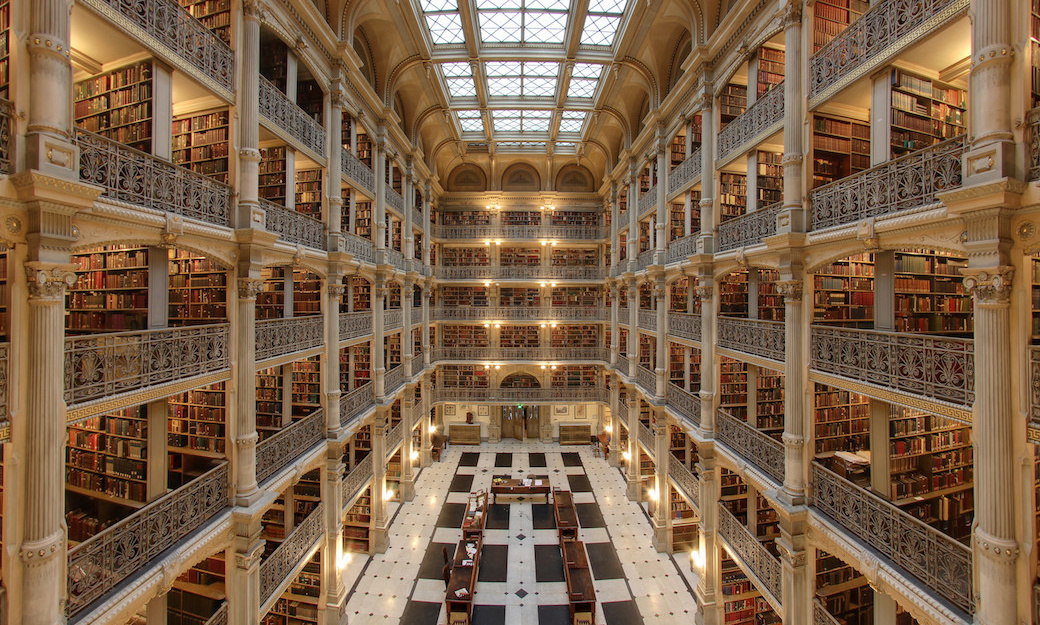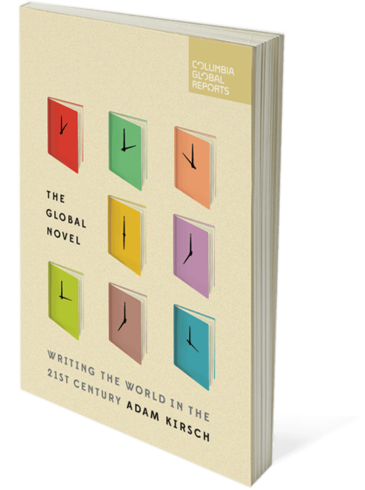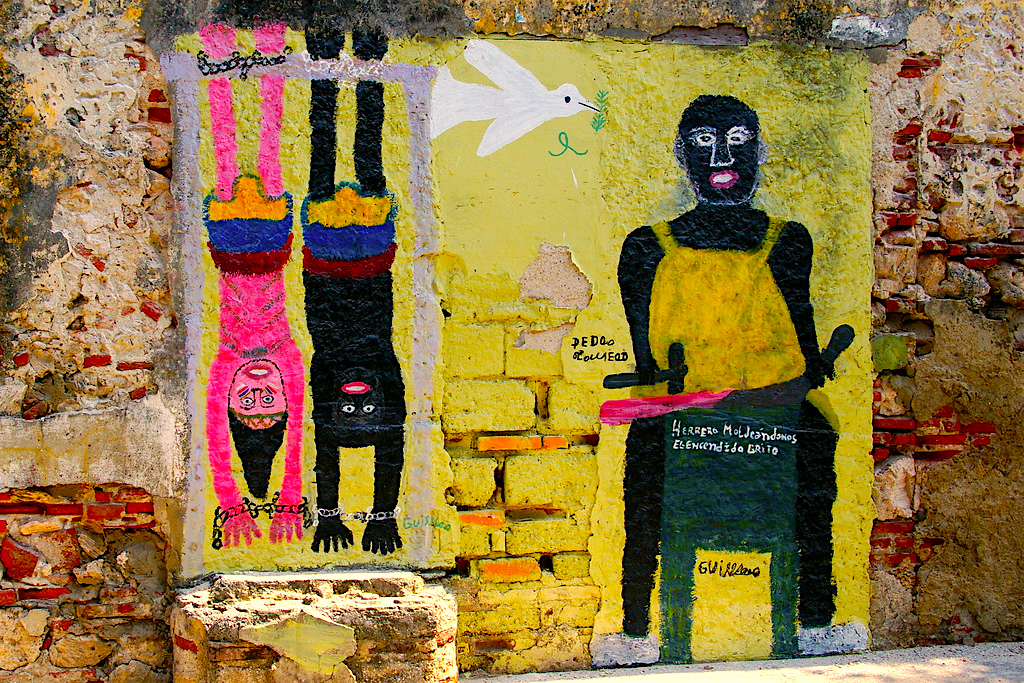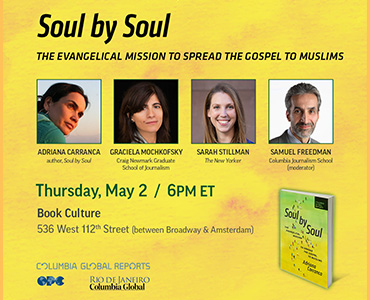What Do Global Novelists Have In Common?

Garth Greenwell, the author of What Belongs to You, a novel about gay life and the experience of cruising in Bulgaria, said in an interview with The Guardian: “You build bridges across difference to arrive at the universal through describing the particular.” The bridge between the particular and the universal, in literature, is built with the brick-and-mortar of details and description; it’s what makes any novel accessible to wide, or even global audiences.
 But how, in reaching that global audience, do today’s novelists—beset with news of world events and “real-time” updates—remain grounded while still writing stories accessible to other cultures and languages? “Does the hegemony of English,” for example, as Adam Kirsch puts it, “threaten the diversity of literatures and cultures?” Kirsch, in his new book, The Global Novel, thinks the question of whether or not literature, specifically the novel, can truly exist as a modern genre is the same as asking “whether a meaningfully global consciousness can exist.” How do we, Kirsch asks, read and seek out world literature without turning foreignness into a commodity?
But how, in reaching that global audience, do today’s novelists—beset with news of world events and “real-time” updates—remain grounded while still writing stories accessible to other cultures and languages? “Does the hegemony of English,” for example, as Adam Kirsch puts it, “threaten the diversity of literatures and cultures?” Kirsch, in his new book, The Global Novel, thinks the question of whether or not literature, specifically the novel, can truly exist as a modern genre is the same as asking “whether a meaningfully global consciousness can exist.” How do we, Kirsch asks, read and seek out world literature without turning foreignness into a commodity?
In The Global Novel Kirsch engages in a critical analysis of seven major novelists: Orhan Pamuk, Haruki Murakami, Roberto Bolaño, Chimamanda Ngozi Adichie, Mohsin Hamid, Margaret Atwood, Michel Houellebecq, and Elena Ferrante. In a close, illuminating reading of the authors’ work, Kirsch finds a provocative commonality—it is violence against women that thematically binds these geographically/culturally disparate novels. I spoke with Kirsch to discuss some of the more revelatory ideas of his book.
Columbia Global Reports: In an era where nationalism and isolationism are on the rise, how important is the global novel in bridging cultural/political divides?
Adam Kirsch: This relates to the question of readership: I think that the number of readers of literary fiction is not large enough to weigh in the scales of politics. And there is a selection bias: people who would read world literature are probably already cosmopolitan in their tastes and political views.
However, I do think that on the level of intellectual exchange, literature has an important role to play. One thing I discovered in writing The Global Novel is that there is a remarkable convergence of themes from writers in very different places and traditions. Global writers are very aware of being global, and they often turn to the situation of women as a test of the health or sickness of world civilization. World literature can act as an agency of a world conscience.
CGR: You end the book with a note on how “the experience of violence, especially violence against women… provides the bridge between individual stories and global judgments.” Gender violence has also been, as you write, “part of the DNA of the novel since Clarissa.” Is the global novel uniquely situated to address violence against women? Or is the topic just so common that it can be understood across cultures, and thus—depressingly—it translates easily? Might climate change become another universal theme picked up by novelists across the globe?
AK: One of the things that surprised me in writing the book was discovering how global novelists, regardless of language, style, or gender, seem to find their way to the issue of gender violence—everyone from Murakami to Bolaño to Ferrante makes it central to their work. I think it is significant that it is this particular lens that seems so useful in thinking about society today—in a way that, say, class struggle or political revolution was to earlier generations of writers. Its universality stems from the way it spotlights the major liberal dilemma, which is how to enforce ethics in the face of both biology and entrenched tradition; and the novel has always been bound up with the liberal project.
Climate change is less dramatic, and operates over a longer timeframe, which makes it a difficult fictional subject; but I think that the apocalyptic imagination of writers like Atwood and Houellebecq is a way of treating metaphorically the sense of doom that climate change can inspire.
CGR: Though your book seems targeted at an American audience, can you talk about the role of the American novel abroad? What surprising American novels are being read in Africa, Latin America, or Asia? Do you see American writers increasingly trying to write globally?
AK: My impression is that American popular and genre fiction does very well around the world, as do a few literary novelists, such as Jonathan Franzen. But I do think that American writers go their own way with little consciousness of writing for an audience in other countries. As I discuss in the book, one of the privileges of being an American writer and writing in English is that one does not have to be conscious of other readerships, while writing in a smaller language means inevitably thinking about the prospects for translation into English. And America is such a big, diverse country that it is almost a world of its own.
I'm sure that the themes I find in global novels have echoes in American fiction, but I don't think there is as profound a sense of being part of a cosmopolitan community. The exception is novels by immigrant or migrant writers. As I discuss in the book, writers like Mohsin Hamid and Chimamanda Ngozi Adichie are both inside and outside the American literary scene, and they offer a perspective on what America means globally that native-born writers seldom possess. Books like The Reluctant Fundamentalist and Americanah are especially valuable for American readers, since they show us how we appear to the outside world.
CGR: You mention that the novelist writes, or even belongs, in the margins. Though this is often the case, there is also the tradition, especially during the Latin American boom, of writers entering into politics: Mario Vargas Llosa, Pablo Neruda, Carlos Fuentes, even Gabriel García Márquez. Is there a specific time and place for this? Could today's politics be improved with a few more writers putting their names on ballots?
AK: In some times and places—Eastern Europe under Communism is another good example—writers can attain a moral and political leadership that they almost never have in America. It's questionable whether that is a healthy situation. The literary imagination doesn't always make for liberal politics, and it may only be in situations of emergency that a society turns to its writers for political leadership. I don't think this phenomenon can be replicated here. Literature does not have the same kind of stature and cultural centrality in America; there is not the same tradition of intellectuals in politics. (If writers' opinions mattered, there is no way Trump would have been elected.) The political role of writers has more to do with witness and testimony than with running for office.
CGR: The tension between the global and the local underlies a lot of your thinking of the global novel, and you even refer to the "inescapability of this dialectic." Why is the novel a form uniquely situated to address this dialectic?
AK: One of the ideas I discuss in the book is that the novel can never be immediately global, because our experience is not global; it is always located in a particular society, in a particular place and time. The traditional novel pays attention to issues of money, marriage, and manners, which always play out in a social context. And that remains true of many of the books I discuss in The Global Novel, from Pamuk's Snow to Ferrante's Neapolitan novels. At the same time, in the 21st century, writers—people—are increasingly conscious of their place in a global social context, in a way that wasn't true in the novel's classic phase. We live in one place, but we are aware of many places; modern problems of politics, economics, and ecology make it impossible not to think internationally. The global novel is a way to reconcile these two perspectives on individual experience, to make sense of a world that is increasingly interconnected.
CGR: Does globalization (or cultural homogenization, or even cultural appropriation)—implying a remove from the local or “genuine” detail—pose a threat to the novel? Is the universal, novelistically speaking, only accessible through the particular? Do jet-setting plots lose some grounding, or accessibility, for the reader?
AK: I discuss this issue in the first chapter of the book, where I observe that the idea of world literature or global fiction is something that most critics and theorists instinctively mistrust. It makes them think of McDonald's, which is global because it's the same everywhere, which is the opposite of what we want fiction to be. However, in looking at concrete examples, I find that this worry is misplaced, at least when it comes to literary fiction. It's true that genre fiction is relatively placeless. But literary fiction remains attached to place and to local detail, as it always has been, because the texture of life is always local. What makes the global novel global, I argue, is not that it is about everyplace at once, but that it is conscious of how all experience today has a global dimension. For instance, when Roberto Bolaño thinks about the murders of women on the U.S.-Mexico border, he connects it with the history of Europe in the 20th century, and feels that it is a manifestation of a worldwide, epochal spirit of evil that infiltrates all our lives. The global can be a way of talking about the universal, at a time when universality is a suspect term, and writers are hesitant about appropriation.
CRG: What other global novels do you recommend? What are you reading now?
AK: In this book I concentrate on fiction, but I think poetry is another realm where the global perspective is very valuable. On the one hand, translating poetry is even harder than translating fiction; on the other hand, poetry does not have to chart social and economic relationships with the same fidelity that fiction does. Much of the history of poetry since modernism can be written as the influence of different nations' literatures on one another. Eliot read Laforgue, Milosz read Eliot, and younger American poets in the 1970s were inspired by Milosz. I would particularly recommend poets like Yehuda Amichai, Adam Zagajewski, and Seamus Heaney, who lived in times and places where politics were inescapable, and who brought to political writing a depth of conviction and imagination that is an enduring resource and inspiration.
John Washington is a translator and writer currently based in Arizona. Find more of his work at www.jblackburnwashington.com.

